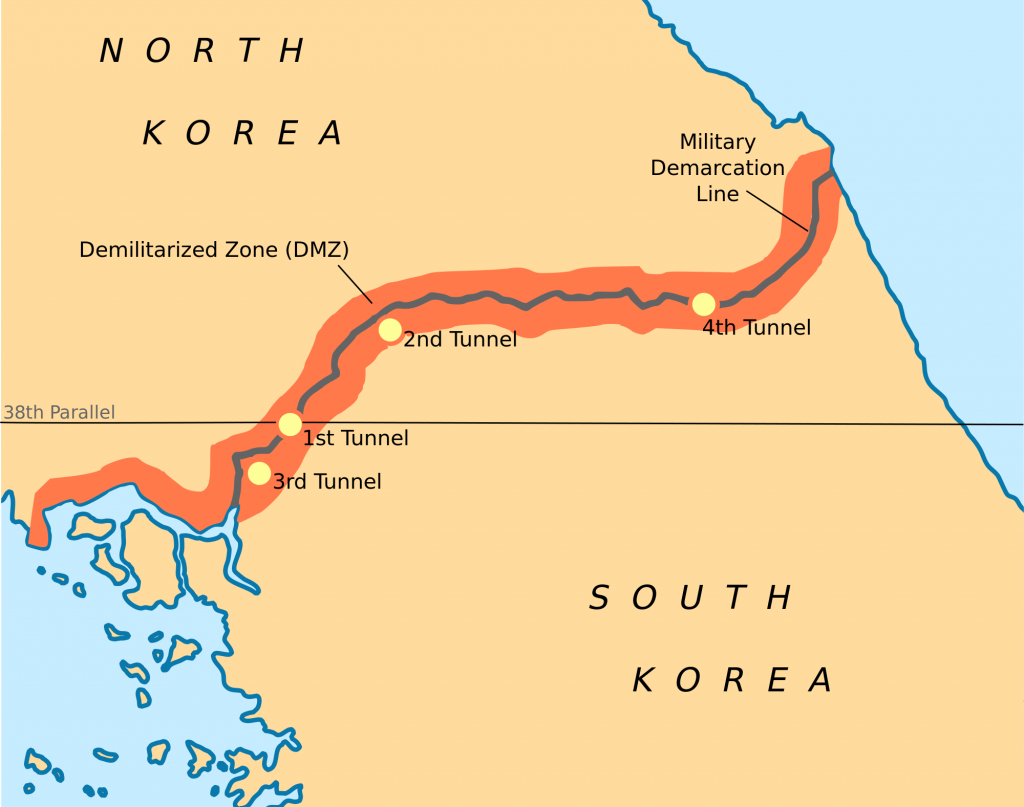Almost two years ago, when Christine Ahn proposed international women peacemakers walk across the De-Militarized Zone (DMZ) which separates North and South Korea as an important action to help support Korean women and men working for reconciliation and reuniting of Korean families, I couldn’t resist. This was an important first step in establishing a peace process in which women and civil community would be included.
Although many hurdles must still be jumped, including affirming support from three governments—North Korea, South Korea and the United States representing the United Nations Command. The UN command at the DMZ has said it would facilitate our crossing once South Koreas Government gives its approval —a small team of women are planning a historic walk of 30 international women peacemakers from twelve different countries to cross the DMZ on 24th May, 2015, International Women’s Disarmament Day. Some of the women participating are: Gloria Steinem, Hon.Chair,Ann Wright (USA) Suzuyo Takazato (Japan) Abigail Disney, (USA) Hyun-Kyung Chung (SouthKorea/USA), Many people have asked ‘why are they planning to walk across the DMZ that separates North and South Korea.’? Maybe the real question should be ‘Why not’!
In many countries around the world, women are walking and calling for an end to war and for a de-militarized world. As the DMZ is the most highly militarized border in the world, women peacemakers believe it is only right, whilst working all their lives in their own countries for disarmament and demilitarization, that they should walk in Korea, in solidarity with their Korean sisters, who want to see an end to the 70 year old conflict to reunify millions of Korean families. Seventy years ago, as the Cold War was being waged, the United States unilaterally drew the line across the 38th parallel—later with the former Soviet Union’s agreement—dividing an ancient country that had just suffered 35 years of Japanese colonial occupation. Koreans had no desire or decision-making power to stop their country from being divided; now seven decades later the conflict on the Korean peninsula threatens peace in the Asia Pacific and throughout our world.

